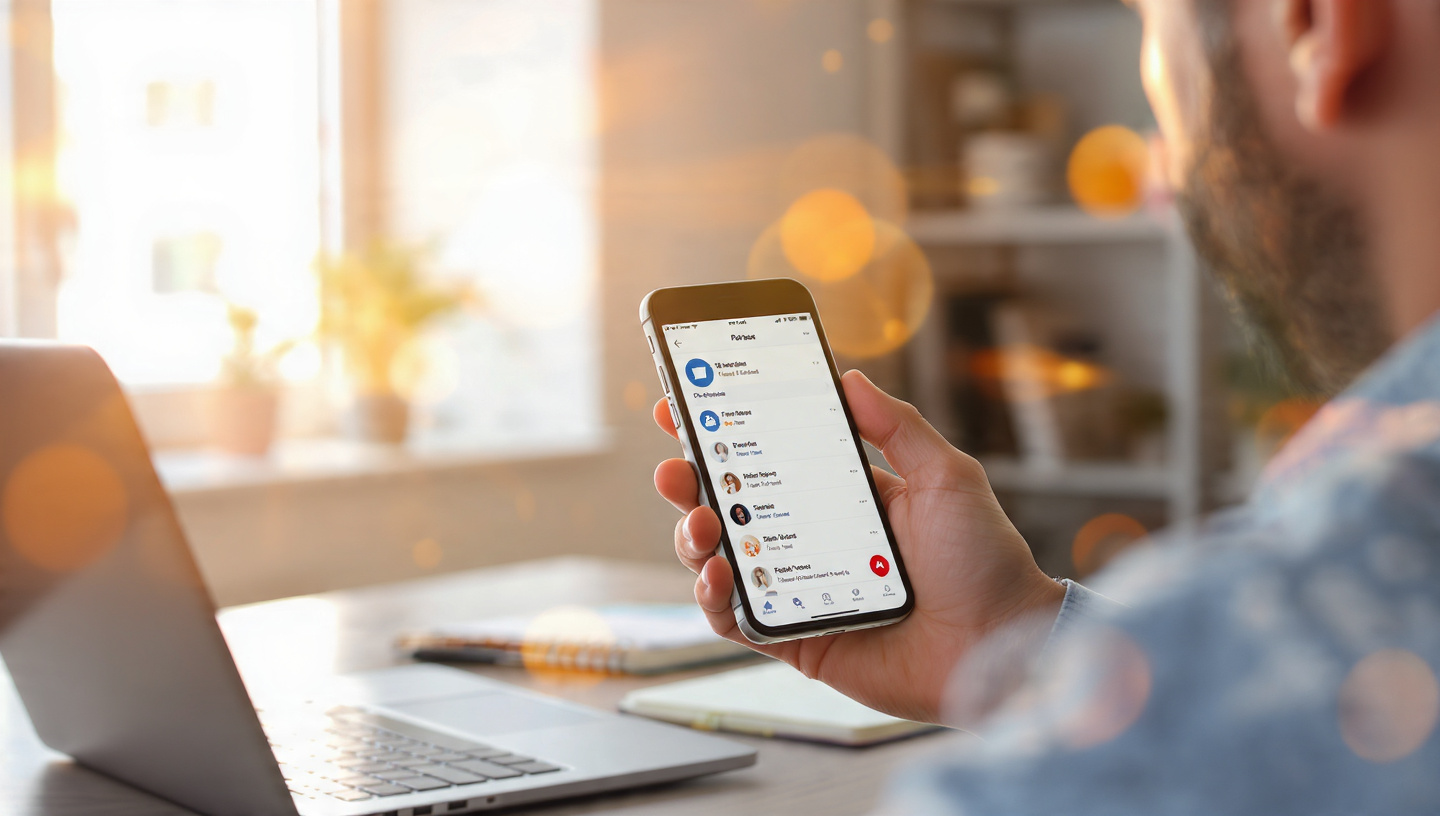You didn’t pay a dime for Facebook. Or Instagram. Or that weather app that knows exactly when it’ll rain. But here’s the uncomfortable truth: you’ve been paying all along. You just didn’t see the bill.
The currency? Your data. And business is booming.
The Illusion of “Free”
Remember when we thought Facebook was just being nice? That Google genuinely wanted to organize the world’s information out of the goodness of their hearts? Yeah, we were adorably naive.
Here’s the actual business model: If you’re not paying for the product, you ARE the product.
But what does that really mean? Let’s follow the money—or rather, follow YOUR money.
What Your Data Is Actually Worth (In Cold, Hard Cash)
According to various studies and data broker price lists, here’s what companies are paying for your information:
- Basic contact info (name, email, phone): $0.50 – $2 per person
- Social media profile data: $5 – $10 per user annually
- Location data: $0.10 – $0.20 per location ping (and your phone pings constantly)
- Shopping habits: $10 – $50 per person
- Health/medical data: $50 – $250+ per record
- Financial information: $100 – $500+ per profile
Facebook reportedly makes around $60 per user per year from advertising alone. Google? Closer to $200+ per user annually. Instagram, TikTok, Snapchat—they’re all playing the same game with slightly different rules.
Do the math: If you use 10-15 “free” services regularly, your data generates $500-$1,500+ annually for these companies. And you get exactly zero dollars of that.
How They’re Actually Making Money From You
Let’s pull back the curtain on the data economy:
1. The Ad Auction (The Obvious One)
Every time you scroll, companies bid in real-time to show you ads. But it’s not random. They’re bidding based on everything they know about you:
- Your age, gender, location
- Your interests and hobbies
- Your browsing history
- Your shopping patterns
- Your relationship status
- Your political leanings
- Your income level (estimated)
- Whether you’re pregnant (yes, really)
- Whether you’re likely to be in the market for a car, house, or vacation
That’s why you mention wanting a new laptop to a friend, and suddenly every website is showing you laptop ads. Coincidence? Not quite.
2. Data Broker Sales (The Shady Middle Market)
Many “free” apps don’t just use your data for their own ads—they sell it to data brokers. These companies aggregate information from hundreds of sources to build eerily complete profiles.
Apps caught selling user data include:
- Fitness and health apps (your workout routines, weight, sleep patterns)
- Weather apps (your location, every single time you check the weather)
- Flashlight apps (yes, they were tracking you)
- Dating apps (your romantic preferences, messages, photos)
- Period tracking apps (incredibly sensitive health data)
These profiles get sold and resold. Your data might change hands 5-10 times without you ever knowing.
3. Behavioral Prediction Models (The Creepy Science)
The endgame isn’t just showing you ads—it’s predicting your behavior before you even know what you’ll do.
Companies use AI to predict:
- What you’ll buy next (and when you’ll be most vulnerable to buying it)
- When you’re likely to quit a service (so they can send retention offers)
- Your credit risk
- Your likelihood to commit insurance fraud
- Whether you’ll repay a loan
- Your potential lifetime value as a customer
Target famously predicted a teenager’s pregnancy before her father knew, based purely on her shopping patterns. This isn’t futuristic—it’s happening right now.
4. The Shadow Profile Problem
Here’s something truly unsettling: you don’t even need to use a service for them to have data on you.
Facebook creates “shadow profiles” of non-users by scraping data from contacts of existing users. Your friend uploaded their phone contacts? Facebook now has your number. Someone tagged a location where you were in a photo? They’re tracking your movements.
You can’t opt out of something you never opted into.

Real-World Consequences (Beyond Creepy Ads)
This isn’t just about seeing targeted ads. Your data affects real decisions that impact your life:
Insurance companies buy data to adjust your rates based on your lifestyle. Posting photos of extreme sports? Your premiums might go up.
Employers use data brokers to screen candidates. Your social media history, location patterns, and online behavior could cost you a job opportunity.
Landlords access tenant screening reports built from data points you didn’t know were being collected.
Credit decisions increasingly factor in non-traditional data—your friends’ credit scores, your shopping habits, even how you fill out forms online.
Political campaigns microtarget you with specific messages designed to manipulate your emotions and voting behavior.
The “Free” Services That Cost You Most
Not all free apps are equally exploitative. Here’s my personal ranking of the worst offenders:
🚨 High Risk:
- Social media platforms (Facebook, Instagram, TikTok): Comprehensive behavioral tracking
- Free VPNs: Many sell your browsing data—the opposite of their stated purpose
- Random mobile games: Excessive permissions, constant tracking
- “Free” antivirus software: Often riddled with adware and data collection
⚠️ Medium Risk:
- Free email services: Scanning your emails for ad targeting (yes, Gmail does this)
- Cloud storage services: Your files analyzed for targeted marketing
- Navigation apps: Selling location data to advertisers and hedge funds
- Weather apps: Most request way more permissions than needed
✅ Lower Risk (But Still Collecting Data):
- Open-source apps: Generally more transparent about data practices
- Services with paid tiers: Less reliant on data monetization
- Apple’s ecosystem: Stronger privacy stance (though not perfect)

Privacy Alternatives (That Don’t Suck)
Good news: you don’t have to live off-grid to protect your privacy. Here are practical swaps:
Instead of Gmail → ProtonMail or Tutanota (encrypted, privacy-focused)
Instead of Google Chrome → Firefox or Brave (better privacy controls)
Instead of Google Search → DuckDuckGo or Startpage (no tracking)
Instead of WhatsApp → Signal (end-to-end encrypted, minimal data collection)
Instead of Google Drive → Nextcloud (self-hosted) or sync.com (encrypted cloud)
Instead of Google Maps → Apple Maps or OsmAnd (less tracking)
Instead of Facebook Messenger → Signal or Telegram (more secure options)
Many of these have free versions that actually respect your privacy because their business model isn’t built on selling you.
What You Can Do Right Now
You don’t have to delete everything and move to a cabin in Montana. Small steps matter:
Immediate Actions (5 minutes):
- Go to Facebook → Settings → Privacy → Limit who can see your posts
- Google Account → Data & Privacy → Turn off ad personalization
- iPhone: Settings → Privacy → Review app permissions
- Android: Settings → Google → Ads → Opt out of personalization
This Week:
- Install a privacy-focused browser extension (uBlock Origin, Privacy Badger)
- Review and delete apps you don’t actually use
- Use email aliases (SimpleLogin, AnonAddy) to sign up for services
- Enable two-factor authentication on important accounts
This Month:
- Request your data from major services (Facebook, Google, Apple) to see what they have
- Delete old accounts you no longer use
- Switch to a privacy-focused email for new accounts
- Start using a password manager (Bitwarden is open-source and free)
The Nuclear Option:
Delete social media entirely. I’m not joking—some people do this and report massive improvements in mental health, productivity, and peace of mind. But I get it, not everyone’s ready for that.
The Uncomfortable Questions
Before you click “Accept All Cookies” again, ask yourself:
- Would I be comfortable if this company printed my data history and mailed it to my neighbors?
- Would I pay $10/month for this service if that meant no data collection?
- Do I trust this company with information I wouldn’t share with my doctor?
- What happens to my data if this company gets hacked or goes bankrupt?
If any answer makes you uncomfortable, maybe that “free” service is costing you more than you thought.
Remember
Free apps aren’t a gift. They’re a transaction. And right now, you’re getting a terrible deal.
You’re trading something incredibly valuable (detailed information about your behavior, preferences, relationships, and vulnerabilities) for something whose monetary value is a fraction of what your data generates for these companies.
The good news? You have more control than you think. Privacy isn’t all-or-nothing. Every app you delete, every permission you revoke, every alternative service you try—it all matters.
The digital economy runs on data. Your data. Maybe it’s time to start treating it like the valuable asset it actually is.
Your move: What’s one “free” app you’re reconsidering after reading this? And what’s one privacy change you’re making this week?
Drop your thoughts in the comments—and if you found this eye-opening, share it with someone who still thinks Facebook is actually free.



















Leave a comment